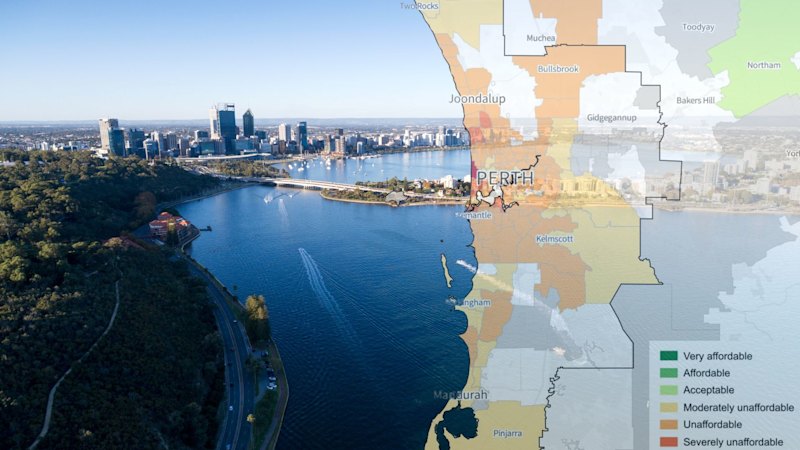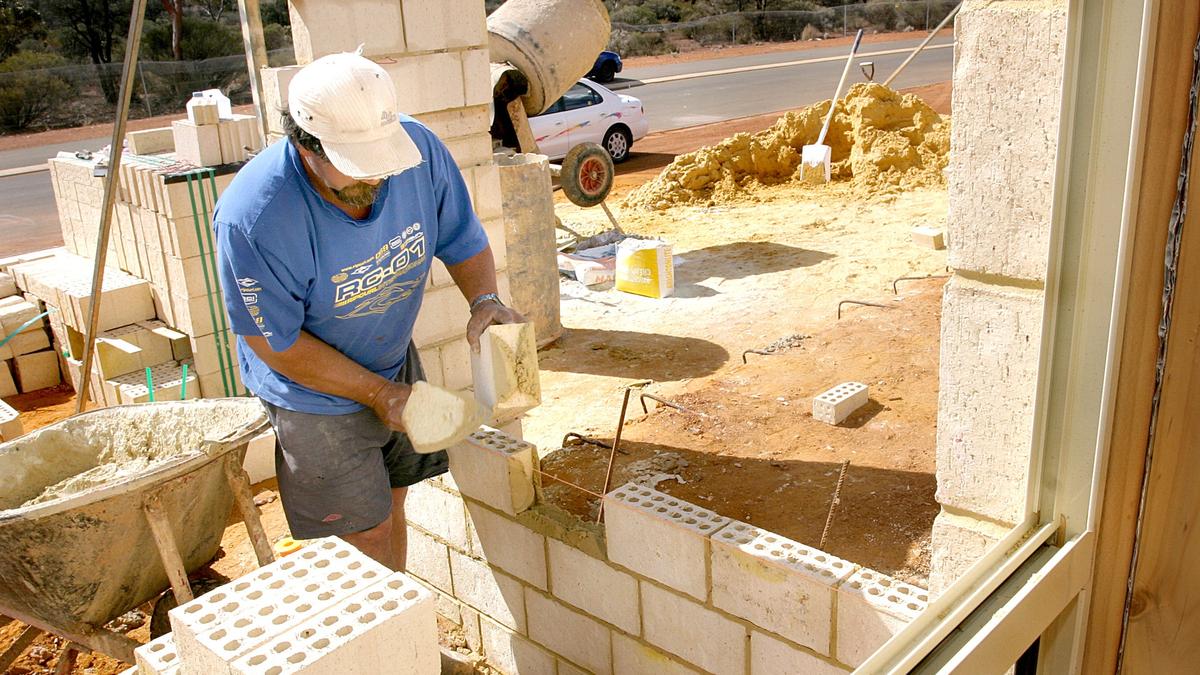
UPDATE: Perth has been confirmed as Australia’s most unaffordable capital city for renters, marking the second consecutive year it has held this troubling title. The latest data from the National Shelter Economics and Planning Rental Affordability Index reveals that Perth’s rental affordability has plummeted by an alarming 4 percent, now consuming 32 percent of an average rental household’s income. This stark increase comes as Perth overtakes Sydney and Adelaide, both at 30 percent of income.
The report highlights a dramatic shift in rental dynamics, with Perth once being recognized as the country’s most affordable city in 2021, when median rents consumed only 21 percent of household income. This rapid decline underscores a growing crisis for renters in the city.
Rental affordability in regional Western Australia (WA) has also seen a sharp decline, dropping to its lowest level in over a decade. It now takes up 28 percent of household income—up from 19 percent in 2020—reflecting the steepest annual drop in affordability across all capital cities and regions, down 5 percent from the previous year.
Kath Snell, chief executive of Shelter WA, described the findings as “distressing, but unfortunately not surprising.” She emphasized the irony that Australia’s wealthiest state is now the least affordable for renters, stating, “Just a few years ago, Perth was Australia’s most affordable capital city—now it is the most expensive, overtaking Sydney.”
This urgent report highlights the escalating challenges facing renters in Perth and regional WA and raises critical questions about housing policies and support systems in place. As the situation continues to develop, many renters are left grappling with the immediate impacts on their financial stability.
The implications of this report are profound. With rental prices surging and affordability plummeting, families and individuals across Perth are feeling the strain. The findings call for immediate attention from policymakers and community leaders to address the growing crisis and explore solutions to support those affected.
As this story develops, residents and stakeholders are urged to stay informed about potential legislative changes and initiatives aimed at improving rental conditions and affordability in Western Australia.






